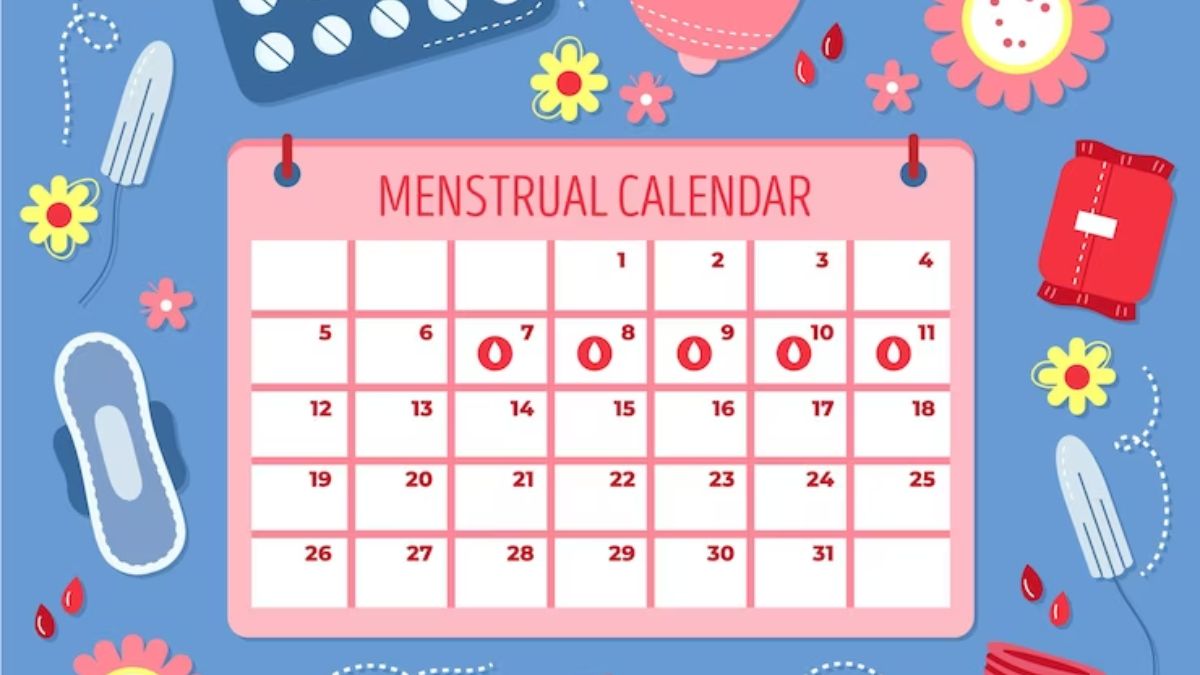- By Prerna Targhotra
- Sat, 11 Mar 2023 11:05 AM (IST)
- Source:JND
THERE CAN be several reasons why a woman misses her period. While periods are important for women's fertility and healthy life, several reasons can contribute to their late arrival or missed periods. Though it is completely normal to miss your period once in a while, sometimes it can be a sign of a larger issue or health problem. According to Verywell Health, a normal menstrual cycle is for about 28 days. Whereas, a normal cycle could also be up to 38 days. If your cycle is longer than this, or longer than usual for you, it can be considered late. If you're concerned about your late or missed periods, we bring you a list of some probable causes for the same.
Possible Causes Of Delayed Or Missed Periods
1. Stress
According to the Cleveland Clinic, when under stress, your body produces cortisol. Depending on how your body tolerates stress, the cortisol may lead to delayed or light periods, or no period at all. If you’re under a lot of stress, your body can stay in fight-or-flight mode, which can make you temporarily stop ovulating. This lack of ovulation, in turn, can cause missed periods, states Healthline.
2. Rapid Weight Loss Or Gain
As per Healthline, severe changes in body weight can lead to a condition known as secondary amenorrhea, which means missing your period for three months or more. This is particularly common when your BMI (body mass index) undergoes a rapid change. Extreme increases or decreases in body fat can lead to a chaotic hormonal imbalance that causes your period to come late or stop entirely.
3. Extensive Workout
Exercise alone can not stop your menstruation cycle, but a strenuous exercise regime can. This happens when you burn more calories than you are taking in. When you burn too many calories, your body doesn’t have enough energy to keep the system running. This can lead to a hormonal imbalance that throws off your menstrual cycle, leading to missed or late periods, states Healthline.
4. Unprotected S*x
The only way s*x can delay your periods is when you’re pregnant. It is the most common cause of missed periods. According to Healthline, ovulation is a period when a woman’s ovary releases an egg for fertilisation. If a sperm is available in the uterus, pregnancy can occur. Having unprotected s*x during the ovulation period can increase your chances of becoming pregnant by missing your periods.
5. Hormonal Imbalance
According to WebMD, changes in your body's level of the hormones estrogen and progesterone can disrupt the normal pattern of your period. Hormonal changes caused by thyroid disorders, polycystic ovary syndrome (PCOS) and other medical conditions can contribute to delayed or missed periods.
(Disclaimer: This article is for informational purposes only. It is not a substitute for professional advice, diagnosis or treatment.)

